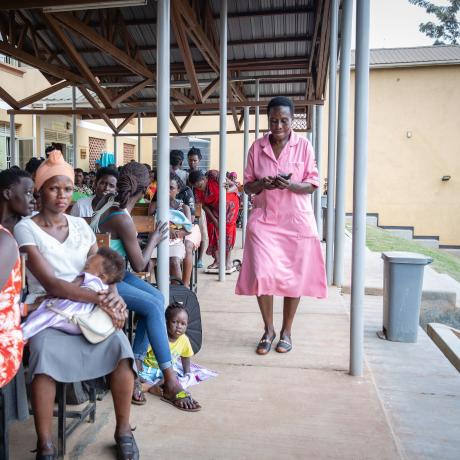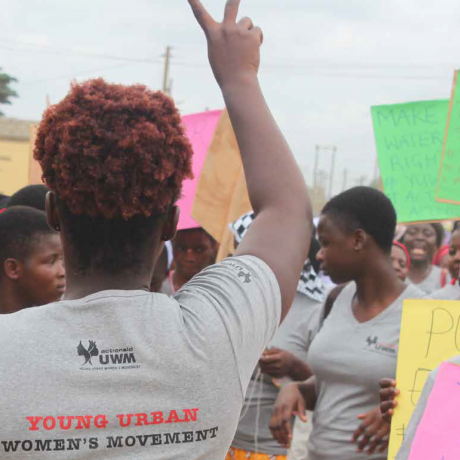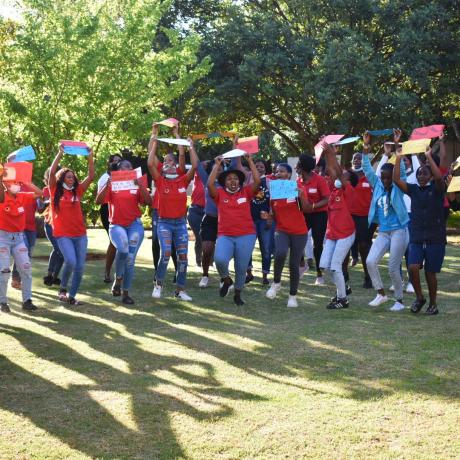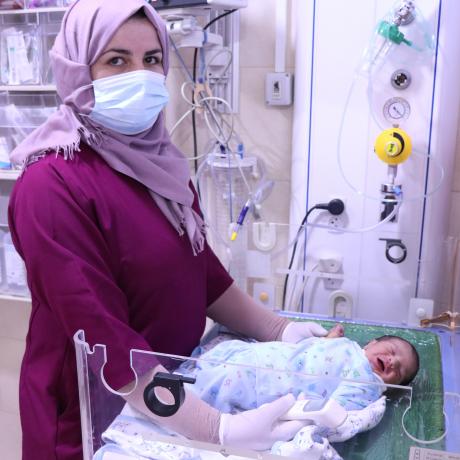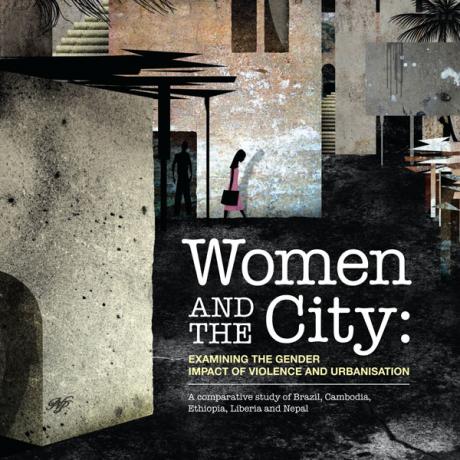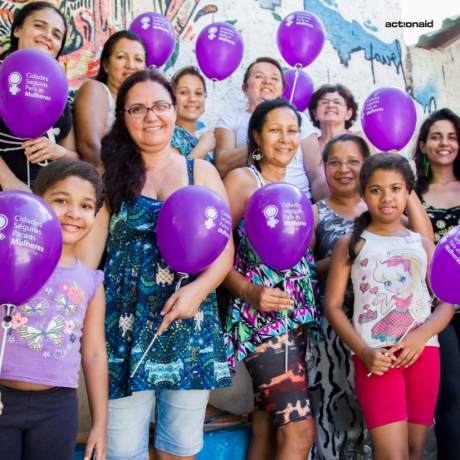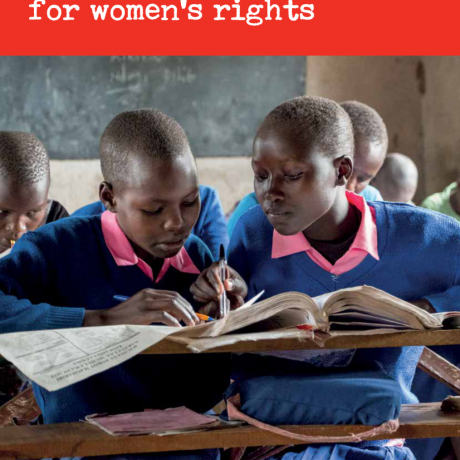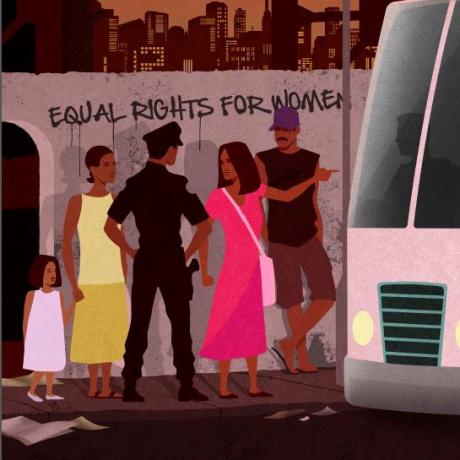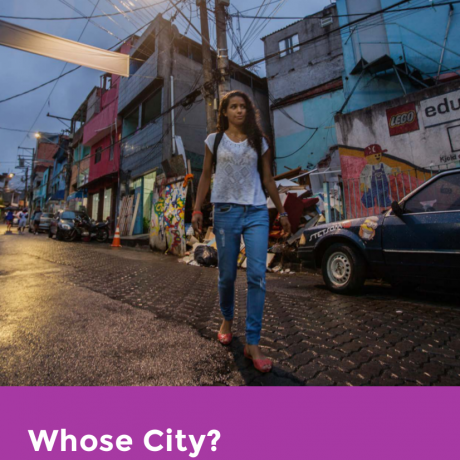Who Cares for the Future: finance gender responsive public services!
Who cares for the future: finance gender responsive public services! is a landmark report produced by ActionAid looking at the links between financing public services that meet the needs of women and
Gender Responsive Public Services and Macro-Economic Policy in Ghana
Improving public services is vital to progress on the fulfilment of girls’ and women’s rights: to education, to health (including sexual and reproductive health services), to water and sanitation, to
Collect more – and more fairly?
Long-term funding is needed in developing countries to provide quality, gender-responsive public services.
New ActionAid research shows stark reality of Covid-19’s impact on young women’s lives in the developing world
ActionAid surveyed 1,219 young women living in urban areas across India, Ghana, Kenya and South Africa revealing lockdown measures have aggravated the pre-existing inequalities they face.
Access to a Covid-19 vaccine is a human right no one should be denied
With almost 70% of Covid-19 vaccines being distributed in the richest countries, there is clearly a glaring inequality gap in access to vital treatment to protect against the virus. But nowhere is
Women and the city
This report uses participatory methods to measure safety developed by a range of organisations in the “safe cities movement” to document the lives of women whose knowledge and views of their urban
Freedom to Move
Millions of people use public transport - the lifeblood of cities and the most efficient way to move people - every day. But by failing to cater for the specific needs of women and girls, transport
Making Tax Work for Women's Rights
The fulfilment of women's rights is closely linked to how tax is raised and spent. While there is great potential for tax to bring about positive changes in women's lives, the way that tax policies
Women and the City III
This report reflects the experiences of more than 3,000 women and girls living in urban communities in Brazil, Bangladesh, Cambodia, Liberia, Nepal, South Africa and Zimbabwe.
Whose City?
Some successful and innovative ways that women’s rights, social justice and civil society organisations influence and work with governments to improve women’s urban safety.
